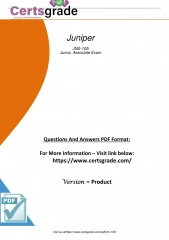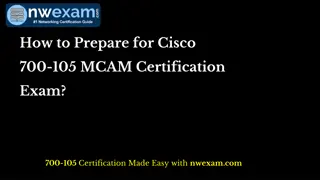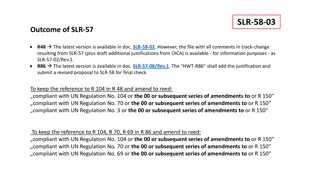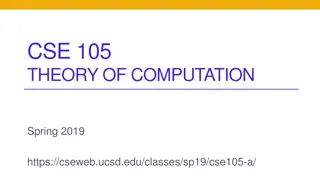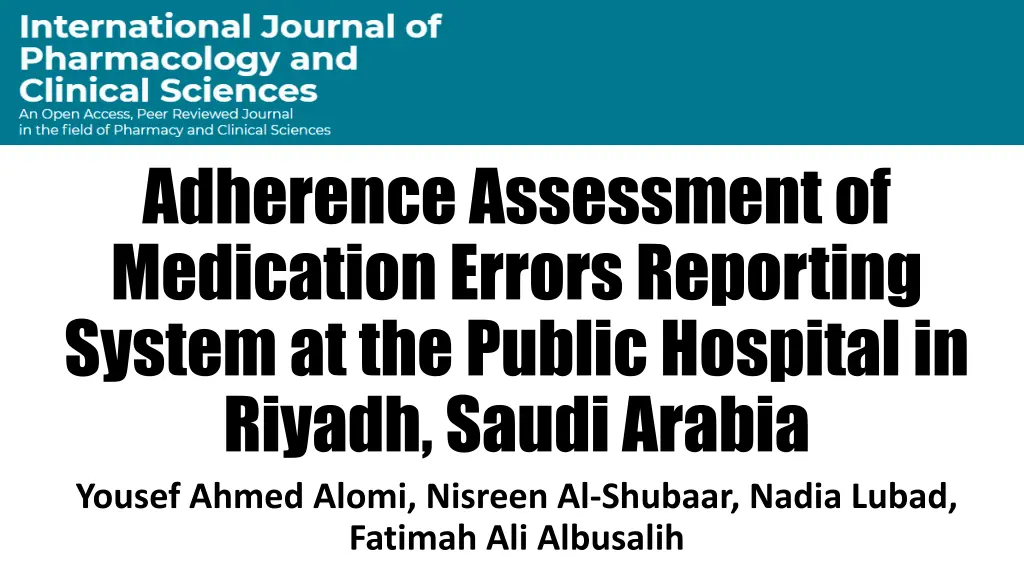
Medication Error Reporting System at Public Hospital in Riyadh, Saudi Arabia
Explore pharmacist adherence to medication error reporting system in Riyadh's public hospital. Study conducted in 2015 revealed high reporting rates, emphasizing the need for electronic documentation and improved awareness for better patient safety.
Download Presentation

Please find below an Image/Link to download the presentation.
The content on the website is provided AS IS for your information and personal use only. It may not be sold, licensed, or shared on other websites without obtaining consent from the author. If you encounter any issues during the download, it is possible that the publisher has removed the file from their server.
You are allowed to download the files provided on this website for personal or commercial use, subject to the condition that they are used lawfully. All files are the property of their respective owners.
The content on the website is provided AS IS for your information and personal use only. It may not be sold, licensed, or shared on other websites without obtaining consent from the author.
E N D
Presentation Transcript
Adherence Assessment of Medication Errors Reporting System at the Public Hospital in Riyadh, Saudi Arabia Yousef Ahmed Alomi, Nisreen Al-Shubaar, Nadia Lubad, Fatimah Ali Albusalih
ABSTRACT ABSTRACT: : Objective Objective: : Medication errors have noteworthy implications in the field of patient safety. Error detection through a dynamic supervision and an efficient error reporting system unveils medication errors and boosts safe practices. The overall goal of this study is to explore the pharmacist s adherence to medication errors reporting system in adults and pediatrics at the public hospital in Riyadh, Saudi Arabia. Methods Methods: : This article describes 9 months retrospective cohort study in year of 2015. A retrospective study was conducted on all inpatients at a 300-bed hospital where all medication procedures in each ward were monitored by a clinical pharmacist. The study was conducted at the Public Hospital in Riyadh, Saudi Arabia. The hospital had medication safety officer with medication safety committee. The program led by trained pharmacist and delivered basic medication safety education programs to all health professional. The medication error report consisted of patient demographic information, qualification of committing mistakes, time of errors occurs, type of medication errors, reasons for medication errors, medications stages involved and errors outcome.
ABSTRACT: ABSTRACT: Results Results: : The total number of reports were 805. The most common adherence documentation of error involving medications were cost related information (100%), error related information with an average (90.59%), patient related information (50.37%) and drug related information (49.39%). While the action related information (0.57%) was harmless. The most common completed of error related information were causes of medication errors 775 (96.3%) and type of medication errors 770 (95.6%) followed by outcome of medication errors 764 (94.9%) and medication process stages involved 711 (88.3%). While the patient s demographic information completed only (50%) in reports. Conclusion Conclusion: : Despite the medication error reporting is consider new at the public hospital, the number of reporting was high. The system needs more determination to follow completeness medication errors reporting system and that by development of an electronic reporting system, program awareness and positive documentation system feedback changes in pharmacy practice.
CONCLUSION: CONCLUSION: Error reporting and cause analysis are important tools to identify the major roots of medication errors. The medication safety program auditing and quality parameter monitoring is very valuable for healthcare institutions. The adherences of medication error reporting systems should be enhanced by removing barriers and by clarifying the importance and the role of health care professionals. Electronic medication errors documentations are highly suggested to meet all requirements of medication error documentation system. Educational and training programs on drug therapy and related error documentations are mandatory for medical/paramedical students, drug prescribers (doctors) and nurses (administrating drugs) to diminish drug errors and to expand patient safety. Regular and expanding quality measures including compliance parameter for healthcare institutions should be a future target cross over regions at Ministry hospitals in Kingdom of Saudi Arabia.


